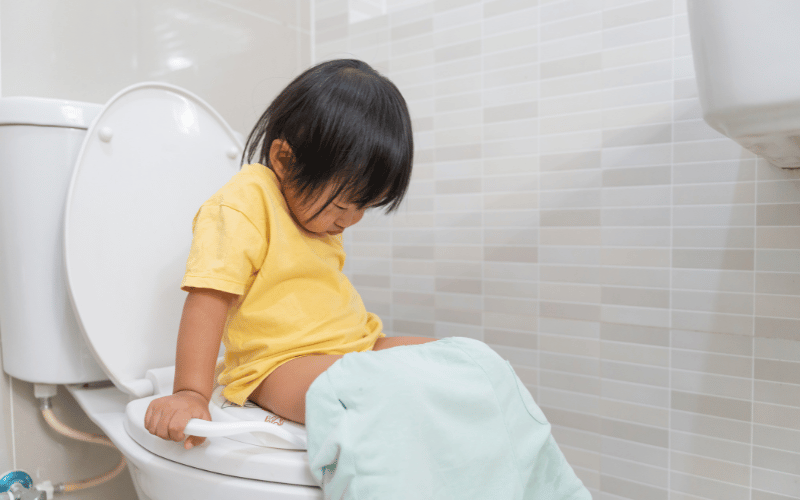Symptom 3: Difficulty Urinating or Changes in Bowel Movements

Bathroom routines are usually pretty consistent for kids. Any sudden deviations from these patterns can be alarming. RMS tumors, when located near the bladder or prostate, can lead to such disruptions. The child might express pain during urination, or parents might notice traces of blood in the urine. Similarly, if the tumor is situated near the rectum, it could result in constipation.
To a parent, these might initially seem like symptoms of a urinary tract infection (UTI) or a digestive upset. While that’s a possibility, if these symptoms persist and are accompanied by other signs like lumps or soreness, considering RMS is crucial. Additionally, a UTI treatment would alleviate symptoms in a genuine infection, but not when RMS is the underlying culprit.
Continual monitoring of these symptoms is vital. Parents should maintain a log noting down the frequency, any visible abnormalities, and pain levels during urination and defecation. This information can be instrumental for healthcare professionals in making an accurate diagnosis.
For kids, these symptoms can be distressing. The discomfort and pain, coupled with the uncertainty, can be emotionally taxing. Providing a supportive environment and assuring them can alleviate some of their anxieties. Reiterating the importance of communicating any discomfort or changes they notice can also empower them in their health journey. (3)